

We support the people of Timor-Leste and raise public awareness in Germany. The process of building a stable democracy, dealing with the burdened past, the fight against gender-based violence and poverty, and social injustice are the challenges Timor-Leste faces today. An active civil society in the country has the strength to meet these challenges.
In solidarity with the people in Timor-Leste and in the advocacy for a global and righteous world, the Stiftung Asienhaus aims to position itself as a bridge builder.
We work in cooperation with East Timorese non-governmental organizations as well as faith based organizations and networks active on Timor-Leste.
Through our publications and events, we inform and increase awareness about about development policies and human rights issues in the country.
We invite civil society partners from Timor-Leste to Germany for political visits to strengthen our cooperation so that the interests of the partner can be adressed more directly.
With our expertise, we are getting involved in political talks: We lobby political actors on their work in development cooperation and point out shortcomings in those processes.
Get to know the program 'Focus Timor-Leste' and take a look at our flyer
Timor-Leste or Timor Lorosa´e like it is called in the national language Tetun, has reached independence after long, violent periods of colonial intervention and occupation. Since then, it paves its way forward to becoming a democratic state.
From 1975 to 1999, for 24 years, Indonesia illegitimately occupied the former Portuguese colony East Timor. The Indonesian military met the resistance of the East Timorese with a harsh regime of violence and terror. Despite of serious human rights violations, the conflict did not receive the necessary international attention. Only after the forced resignation of Dictator Suharto in May 1998, it was possible to find a more political and peaceful solution with the support of the United Nations. In 1999, the majority of East Timor's citizens voted for a separation from Indonesia. After that the local militia and the Indonesian military retaliated with a violent rampage, resulting in nearly 70% of the country getting destroyed and countless people driven out of their homes. Only the multinational peacekeeping force INTERFET was able to stop the destruction, the killing and the displacement of people. Until Timor-Lestes independence in 2002, the United Nations acted as an interim government in the country.
After centuries of foreign rule by Portugal and Indonesia, the country is now dealing with the task to consolidate their own identity as state and nation. Despite its oil and gas resources Timor-Leste is still among the least developed countries in the world. The situation is characterized by structural poverty, political instability and the persistent traumatic memories of the past.
Nevertheless, in the last couple of years the progress in Timor-Leste became increasingly visible. The mood is heightened and the air filled with optimism and change. This process of change is shaped by an active civil society that is successfully engaged in a large array of projects: Non-governmental organizations and religious institutions offer methods of peaceful conflict resolution and peace education. They work with the society towards a transformation of violent conduct and provide de-escalating youth and welfare work. They publicly condemn corruption and critically engage with the judicial system to uncover drawbacks in politics and economy. They confront sexual violence and are actively engaged in the promotion of women's rights and equality. The fostering and implementation of human rights, the rehabilitation of the burdened past and trauma management are their central goals.

Article by Khoo Ying Hooi on new forms of protest in Asia, their driving forces, and what unites and divides them.

Will the media remain a pillar of democracy or will it become trapped by internal challenges that threaten its sustainability and independence?
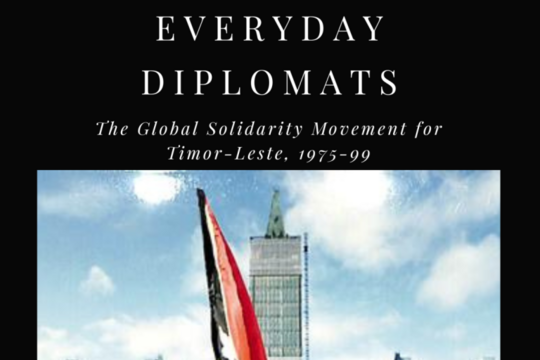
Mit Mut und Kreativität kämpfte eine Solidaritätsbewegung gegen die indonesische Besetzung von Timor-Leste. Dieses Buch würdigt ihren Einsatz.
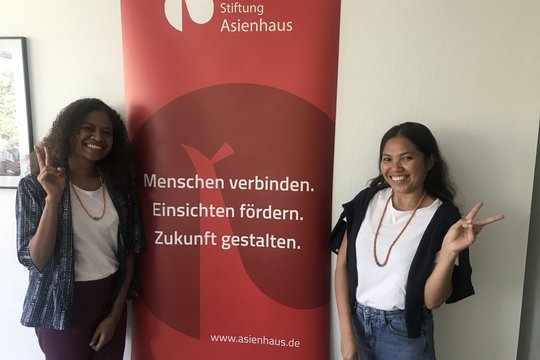
Young people are effectively involved in civil society organizations and contribute to change and development in Timor-Leste. At the political level,…
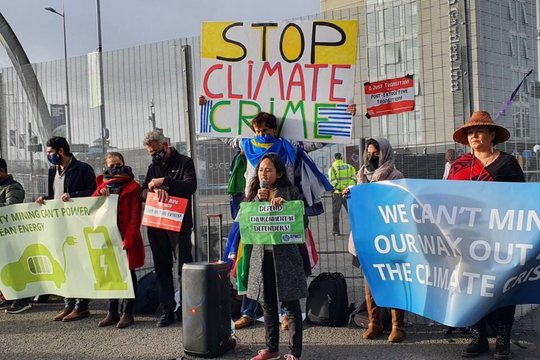
The webinar critically examined the challenges of civil society in a world dominated by economic interests. Learn more about the discussion and…

The 11th Asia Day will take place on April 22, 2023 in Köln. This year we are dealing with the question of how people in Asia affected by climate…
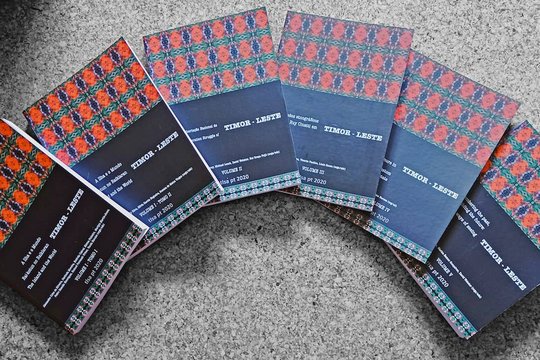
Die vielfältigen und spannenden Beiträge der internationalen Tagung von 2020 umfassen sechs Bände. Sie sind nun online verfügbar.
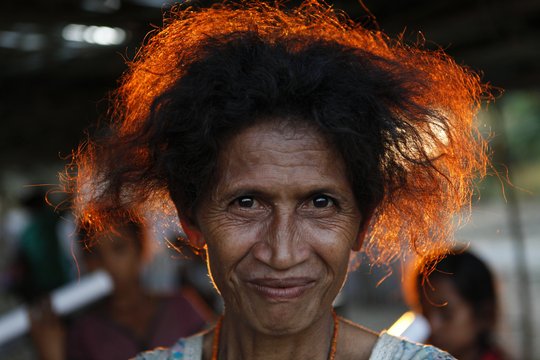
Through the centuries, women have survived violence in Timor-Leste. They were actively involved in the fight for independence. But only fragments of…
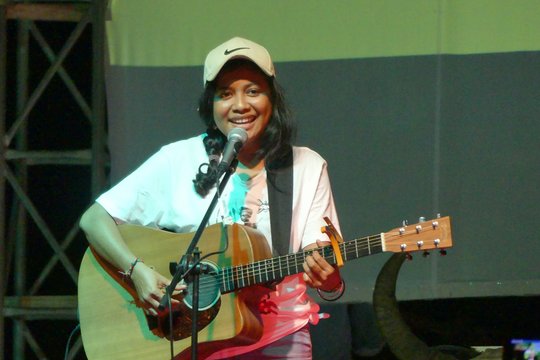
Joviana Guterres, Ego Lemos and Kiera Zen explain in this interview how national identity, fight for liberation, contemporary political concerns and…

In 2019, with international guests in attendance, East Timorese celebrated the 20th anniversary of their independence referendum and the multinational…